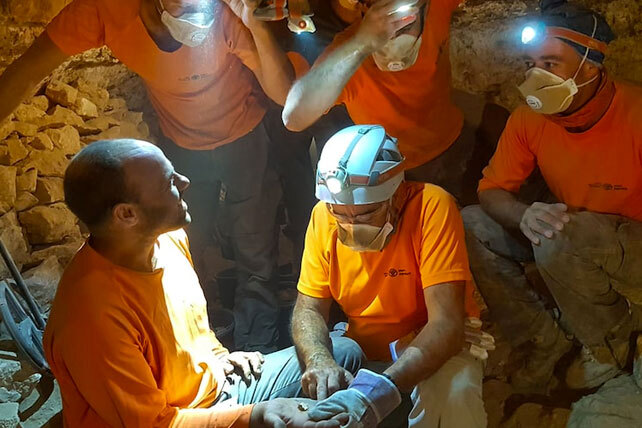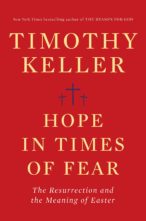On Monday’s episode of The Jim Bakker Show, Pastor Rick Joyner urged viewers to buy arms in preparation for a “civil war” and to “push back” against evil in America. Joyner, founder of South Carolina-based MorningStar Ministries, also repeated unproven claims that the 2020 presidential election was “stolen” from Donald Trump.
Bakker, a televangelist who was ordered to stop selling coronavirus “remedies” last spring, introduced Joyner as a prophet and also conversed with him about “cancel culture” eroding America’s foundations.
Pastor Rick Joyner: ‘People need to be prepared’
Joyner, an author who describes dreaming in 2018 about “a coming second American Revolution/Civil War,” said on Bakker’s show: “It will be a civil war, and it’s going to be increasingly worse with the increasing time it takes for Americans to stand up and push back against this evil that has taken over our land.”
Quoting from Ecclesiastes 3, Joyner said, “There’s a time for peace and a time for war … we’re headed towards conflict of war. And we need to prepare for it. We need to put out the word that people need to be prepared.” He added that Christians, as the true “body of Christ,” will be “separated from the chaff” during that upcoming civil strife.
‘Unified belief’ of Election Fraud, Says Pastor Rick Joyner
Referring to Trump’s loss to Joe Biden in November, Joyner said, “There is a unified belief with deep conviction that our last election was a stolen election, and it was something that we can’t just let go.” Though such claims haven’t been proved and Trump’s legal challenges weren’t successful, Joyner said, “Anybody who looks at the evidence, even superficially, sees right away that [it] was impossible for Trump not to have won that election.”
The pastor continued, “Trump really won by a huge margin. Maybe one of the biggest margins ever. How did [the election] get stolen from us like it did?” Joyner added, “We have lost our country. We have lost our republic if we lose the integrity of the elections, and this was the worst voting fraud in our country’s history.”
When Bakker asked why so-called cancel culture is “trying to erase the foundations this country was built upon,” Joyner replied, “Because they were godly foundations, what we have is evil. It’s moving, it’s Isaiah, ‘darkness covering the earth, deep darkness the people, Isaiah 5, ultimate depravity where they’re calling good evil and evil good. Honoring the dishonorable, dishonoring the honorable. And all of this is a major threat; the freedoms we have are a major threat to evil.”
Pastor Rick Joyner: No Stranger to Controversy
MorningStar Ministries, founded in 1985, purchased part of Bakker’s Heritage USA property in 2004. Joyner has faced controversies about religious-based tax exemptions, his connections to evangelists who claim to be faith healers, and his extensive visions. In 2013, his climate-activist daughter Anna Jane Joyer, made headlines when she tried to change her father’s opinion that climate change isn’t real.
Late last year, Joyner described his experience of having COVID-19 as a 15-day “exciting” supernatural experience. “All of a sudden, it’s like I’m in heaven. I was in heaven,” the pastor said on Sid Roth’s show It’s Supernatural.












